Realme X2 Pro review: The benchmark for value flagships in 2020
Realme has managed to undercut every other brand, making the X2 Pro the default choice in the value segment.
Realme is on a roll this year. The brand swiftly climbed the ranks on the back of devices that offered stellar value for money, and Realme is now looking to do the same in the value flagship category with the X2 Pro.
The X2 Pro boasts a lot of firsts for the brand: this is the first time the manufacturer is leveraging Qualcomm's flagship-tier Snapdragon 8xx chipset, the first time it put a 90Hz panel on a phone, and its first with 50W charging. The X2 Pro comes with the best hardware specs available today, and it feels like Realme raided the most enticing features from fellow BBK-owned companies OnePlus and OPPO to create the device.
The result is that the X2 Pro has some of the best hardware you'll find in this category, and because Realme is looking to build market share aggressively, the pricing is unbelievably low. If you're buying a OnePlus 7T in the UK, you'll have to shell out £549 ($720). The X2 Pro comes out to €449 ($499) for the model with 8GB of RAM and 128GB of storage. You're getting the same Snadragon 855+ chipset, same 90Hz AMOLED display, UFS 3.0 storage module, and a higher-res 64MP camera along with 50W charging.
Now that you understand the value, here's why the Realme X2 Pro is the bargain of the year.
At a glance
Realme X2 Pro
Bottom line: The Realme X2 Pro stands tall over the rest of the value pack, with distinguishing features like the 90Hz panel and 50W wired charging giving it an advantage. The hardware you're getting here is incredible, particularly considering how much it costs. Make no mistake; the X2 Pro is the value flagship to beat in 2020.
The Good
- Incredible value
- 90Hz AMOLED screen
- 4000mAh battery with 50W charging
- 64MP camera with 20x hybrid zoom
- Snapdragon 855+ chipset
The Bad
- Still on Android 9 Pie
About this review
I am writing this review after using the Realme X2 Pro for over three weeks in San Francisco. The phone was connected to T-Mobile's 4G network for the duration of the review, and was running ColorOS 6.1 based on Android 9.0. It received a single software update with bug fixes.
Realme X2 Pro What I like
There's nothing particularly distinctive about the design of the X2 Pro — it looks near-identical to the Realme XT and the Realme 5 series. That was always going to be the case given Realme's frenetic launch schedule, but that doesn't make the X2 Pro any less exciting. There are no gradient patterns at the back this time around, but the blue hue and the elegant curves give the device a premium feel.
The X2 Pro has a lot of design similarities to the OnePlus 7T, and that's not a coincidence.
Like the Realme XT, the X2 Pro has a glass back that's protected by a layer of Gorilla Glass 5. The back curves smoothly to meet the mid-frame, making it easier to hold the phone. There's a coating around the mid-frame that gives it a matte texture. If anything, the device feels similar to the OnePlus 7T, and that's no coincidence. Both Realme and OnePlus are owned by BBK, and the X2 Pro is built in the same factory that also churns out the 7T.
There are minimal bezels up front, and you get a tiny waterdrop cutout for the front camera. There's a wide grille above the cutout, and that's to accommodate the secondary speaker — another area where the device is similar to the 7T. The camera cutout itself is small and unobtrusive, and you don't notice it after a few days. The power button is located on the right, and the button itself has a gold accent that gives it a bit of flair. The dual SIM card tray sits above the power button, and you get the volume rocker on the left.
You'll find a USB-C charging port at the bottom, and there's a 3.5mm jack to the left. Realme didn't see fit to emulate OnePlus in this particular area, and that's welcome news for those that still like plugging in audio gear. The primary speaker is located to the right of the USB-C port.
Although the design at the back is plain by Realme's usual standards, there's a lot to be excited about at the front. The X2 Pro is Realme's first phone to feature a 90Hz screen, and the 6.5-inch AMOLED panel is one of the best you'll find in this segment. Colors are slightly cooler out of the box, but you have the ability to adjust the color temperature to your tastes. The panel itself got bright enough that it wasn't an issue in my testing.
The X2 Pro is the most affordable phone yet with a 90Hz AMOLED panel.
If there's a defining trend for Android phones in 2019, it is high refresh rate displays. The switch to a 90Hz refresh rate makes scrolling and animations that much smoother, and once you use a phone with a high refresh rate, you wouldn't want to switch back to a device with a regular 60Hz panel. The X2 Pro gives you the option to toggle the screen back to 60Hz, but the battery life from the 4000mAh battery is more than adequate to last well over a day, so you don't have to switch to 60Hz to conserve power.
Continuing on with the screen, the X2 Pro features an in-screen reader that works just as fast as the one on the 7T. Given the hardware similarities, it is possible the phone is using the same sensor. It is fast to authenticate and has a low error rate, and is just as convenient as using a traditional sensor.
On the hardware front, the X2 Pro is basically a turbocharged version of the OnePlus 7T. Internally, you'll find a lot of the same hardware components, including a Snapdragon 855+ chipset, UFS 3.0 storage module, and LPDDR4X RAM. The X2 Pro has a newer 64MP camera module at the back, and a marginally larger 4000mAh battery that has 50W fast charging.
In day-to-day usage, the X2 Pro absolutely flies — the hardware on offer here is incredible.
The Snapdragon 855+ could turn out to be the go-to choice for value manufacturers even in 2020 considering Qualcomm's strategy with the Snapdragon 865 and 765. The Snapdragon 865 doesn't have a built-in modem at all and it can only be paired with the X55 5G modem, driving up costs for device makers. The Snapdragon 765 has a 5G modem integrated into the SoC, but the Adreno 620 isn't quite as powerful as what you get on the 855+.
So for device manufacturers looking to offer a 4G-only solution for markets like India — where 5G is still very theoretical — the Snapdragon 855+ is the ideal choice for 2020. And Realme has a head-start in that area, and in terms of hardware this is clearly the phone to beat.
| Specs | Realme X2 Pro |
|---|---|
| Software | Android 9.0 Pie | ColorOS 6.1 |
| Display | 6.5-inch (2400x1080) 90Hz AMOLED |
| Chipset | 2.96GHz Snapdragon 855+ |
| RAM | 6GB/8GB/12GB LPDDR4X |
| Storage | 64GB/128GB/256GB UFS 3.0 |
| Rear Camera 1 | 64MP ƒ/1.8 (primary) |
| Rear Camera 2 | 8MP ƒ/2.2 (wide-angle) |
| Rear Camera 3 | 13MP ƒ/2.5 (2x zoom) |
| Rear Camera 4 | 2MP ƒ/2.4 (portrait) |
| Front Camera | 16MP ƒ/2.0 |
| Security | In-display fingerprint |
| Battery | 4000mAh | 50W |
| Connectivity | Wi-Fi 802.11 ac, BT5.0, NFC |
| Colors | Lunar White, Neptune Blue |
| Dimensions | 161 × 75.7mm × 8.7mm |
| Weight | 199g |
In day-to-day use, the X2 Pro absolutely flies. The hardware on offer combined with the 90Hz panel and stereo sound make it a fantastic device for gaming or viewing multimedia content on the go. The device also has Widevine L1, so you'll be able to stream Netflix in 1080p without any issues. The stereo speaker in particular is fantastic, and it is one of the loudest I've used on a phone.
I didn't have any issues with cellular or Wi-Fi performance, and there's Bluetooth 5.0 as well as NFC for Google Pay. The phone has a decent set of LTE bands (1/2/3/4/5/7/8/12/17/18/19/20/26/28/38/39/40/41) and even though it's missing band 66, it worked just fine on T-Mobile's 4G network in California.
There are a lot of meaningful changes on the software side of things as well. The phone runs on ColorOS 6.1, but Realme has added its own set of customization options, including a system-wide dark theme and built-in app drawer. The interface itself has picked up a few tweaks, and there are a lot of white menu elements with blue accents, similar to what you get with pure Android.
Sure, ColorOS is still a heavy skin, but Realme's additions here do a great job masking that. You also get navigation gestures, several battery saving modes, and enough customization options that you can set up the phone just the way you want.
The 4000mAh battery is able to easily deliver two days' worth of use from a full charge. Even with heavy usage, the battery will last well over a day. Battery longevity hasn't been an issue on any Realme phone, and although there's a 90Hz screen this time around, the X2 Pro manages to deliver stellar battery life. And when you do need to charge the phone, the bundled 50W SuperVOOC charger makes small work of charging times.
A full charge from flat to 100% takes just over 30 minutes, and while the phone does tend to get marginally hot during this time, the trade-off is well worth it. Essentially, you'll never have to leave the X2 Pro connected to a charger overnight. The phone also works over USB-PD and Quick Charge 4, so if you have a charger lying around, it will fall back to 18W charging.
Another marquee feature on the X2 Pro is the camera array at the back. The phone has four cameras at the back, with a primary 64MP Samsung GW1 sensor joined by a 13MP zoom lens with 2x optical zoom, 8MP wide-angle lens, and a 2MP portrait lens. You can safely ignore the 2MP lens — it doesn't really add any meaningful value to the device, but there's plenty to like with the main 64MP module.
As we've seen with the Realme XT, the 64MP lens uses four-to-one pixel binning to produce 16MP shots. The camera interface is also unchanged from earlier Realme phones, and all the shooting modes are easily laid out in a ribbon. You'll also find common toggles at the top, and there are modes for taking full-res 64MP shots, macro, slow-motion, panorama, and a manual mode that lets you adjust white balance and exposure settings.
Daylight shots from the 16MP main camera are stunning, with accurate colors and great dynamic range. The details are preserved at 100% zoom, and in general the X2 Pro continues Realme's strong showing in this area. The zoom lens also fares well, and shots taken at a 2x zoom factor look just as vibrant. The ultra-wide lens is more of a mixed bag, however, as colors tend to look washed out.
The X2 Pro also does a great job in low-light shooting scenarios, preserving details and minimizing noise. It's not quite as good as the Pixel 3a, but it comes pretty close. There's a dedicated night mode that relies on a similar technique as the Pixel, producing a more vibrant shot in little to no light.
Finally, the portrait mode on the X2 Pro is fantastic, with edge detection that's always on point and soft bokeh. The 16MP camera at the front is also decent for selfies, and overall the X2 Pro takes some of the best shots you'll find on a sub-$500 phone. Realme stated earlier this year that it was emulating Google's philosophy in this area, and it does look like that's working out for the brand.
Realme X2 Pro What needs work
Honestly, there's very little that the X2 Pro doesn't get right. The only downside with the phone is that it's running Android 9.0 out of the box, with no word on when the Android 10 update will be available. If it's any consolation, it looks like Realme is intent on getting its own custom skin off the ground shortly, with the brand looking to create a user interface akin to pure Android.
There's no timeline on when Realme will introduce its custom skin, and until that time you'll have to make do with ColorOS. That's basically the only issue I have with the X2 Pro at this point. Sure, there's no microSD slot, but the base variant comes with 64GB of storage, and you can pick up a 256GB option if you want more storage.
Realme X2 Pro Should you buy it?
There are few devices I can recommend as easily as the X2 Pro. There really isn't anything missing here, and the sheer value you're getting for just €449 ($499) makes the X2 Pro one of the best phones in this category. Realme is effectively undercutting every other brand with the X2 Pro, and in doing so it is solidifying its position in the value segment.
Let's run through the standout features: the 90Hz AMOLED display is sublime, you get the Snapdragon 855+ chipset paired with UFS 3.0 storage, the 64MP camera is one of the best in this category, and there's 50W wired charging. The fact that Realme is able to deliver all of these features for under $500 is incredible, and it makes the X2 Pro the phone to beat.
It's an even more enticing option if you're looking to pick up the X2 Pro in India. The base variant sold in the country comes with 8GB of RAM and 128GB of storage, and it costs just ₹29,999 ($420). But the even better option is the 12GB/256GB variant, which is available for just ₹33,999 ($480. That's staggering when you account for the fact that you're getting UFS 3.0 storage and the Snapdragon 855+ along with 50W wired charging. What you're getting here is the deal of the year, and there isn't a device today that offers quite as much hardware for the price as the X2 Pro.
There really isn't anything else out there that offers quite the same set of features at this price point. The X2 Pro absolutely nails the hardware basics, and the sheer value on offer here makes it the default choice in the value category as we head into 2020.
The new leader
Realme X2 Pro
One phone to rule them all.
The Realme X2 Pro stands tall over the rest of the value pack, with distinguishing features like the 90Hz panel and 50W wired charging giving it an advantage. The hardware you're getting here is incredible, particularly considering how much it costs. Make no mistake; the X2 Pro is the value flagship to beat in 2020.
from Android Central - Android Forums, News, Reviews, Help and Android Wallpapers https://ift.tt/2S9uYIz
via IFTTT
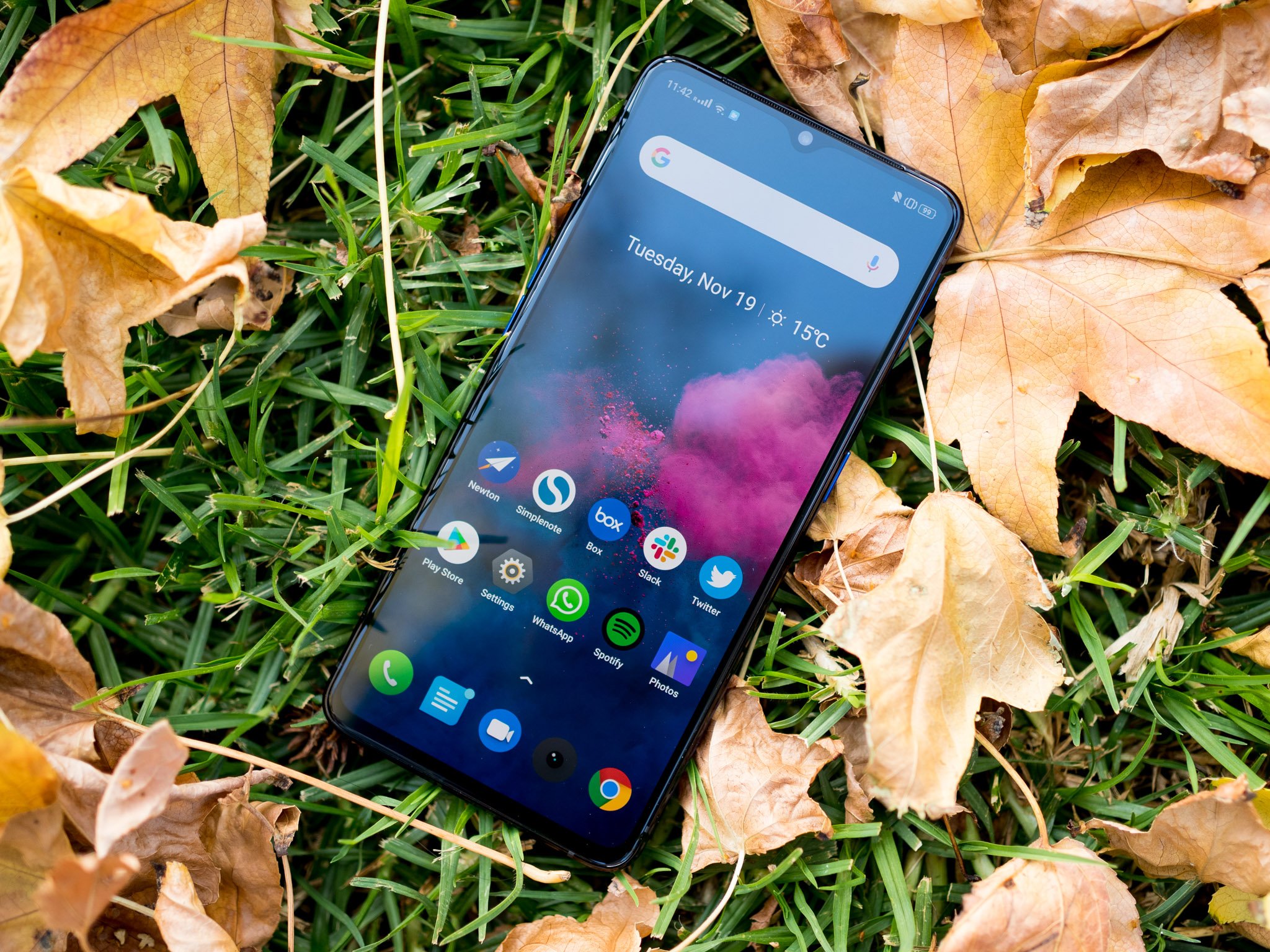

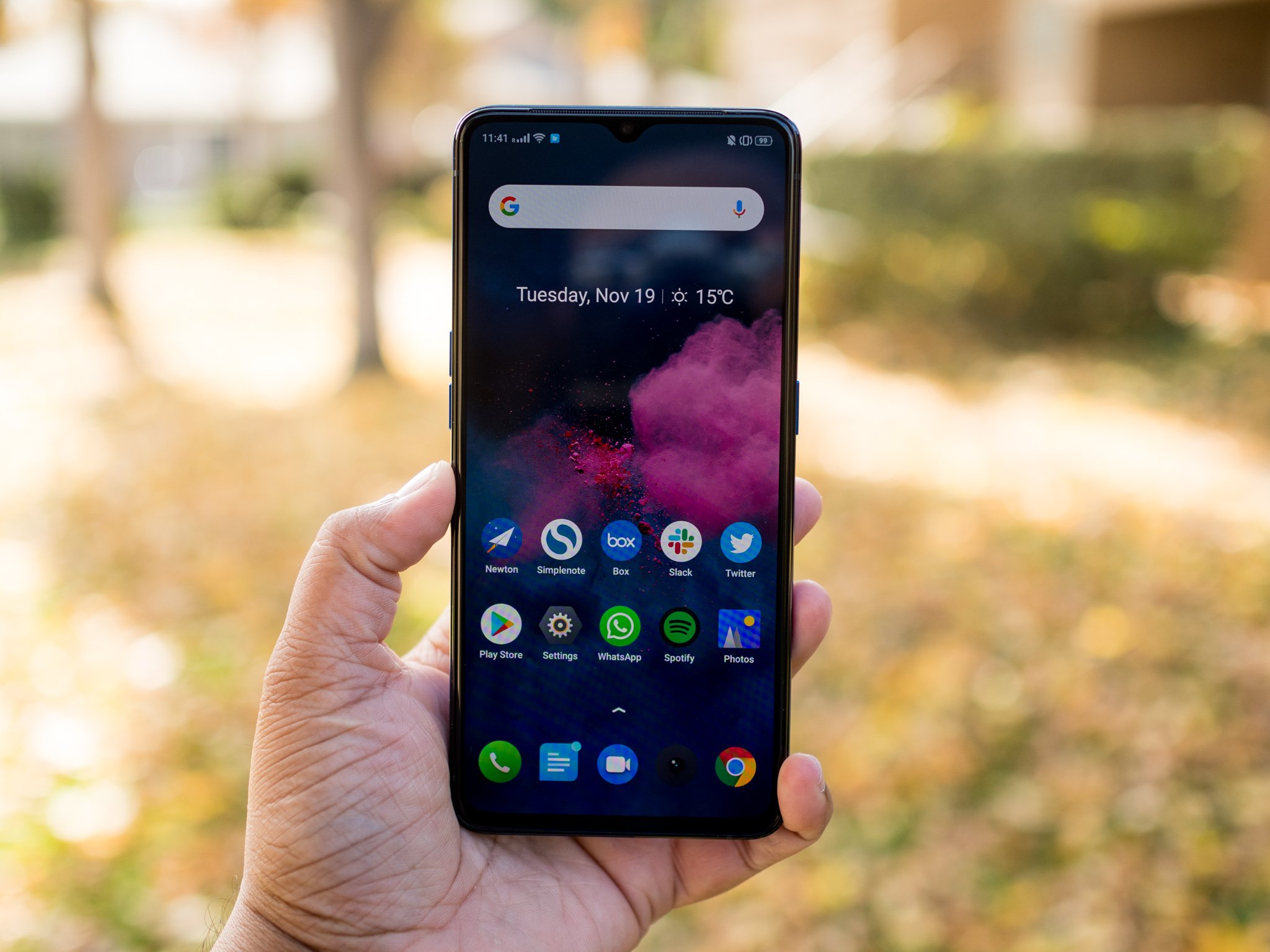
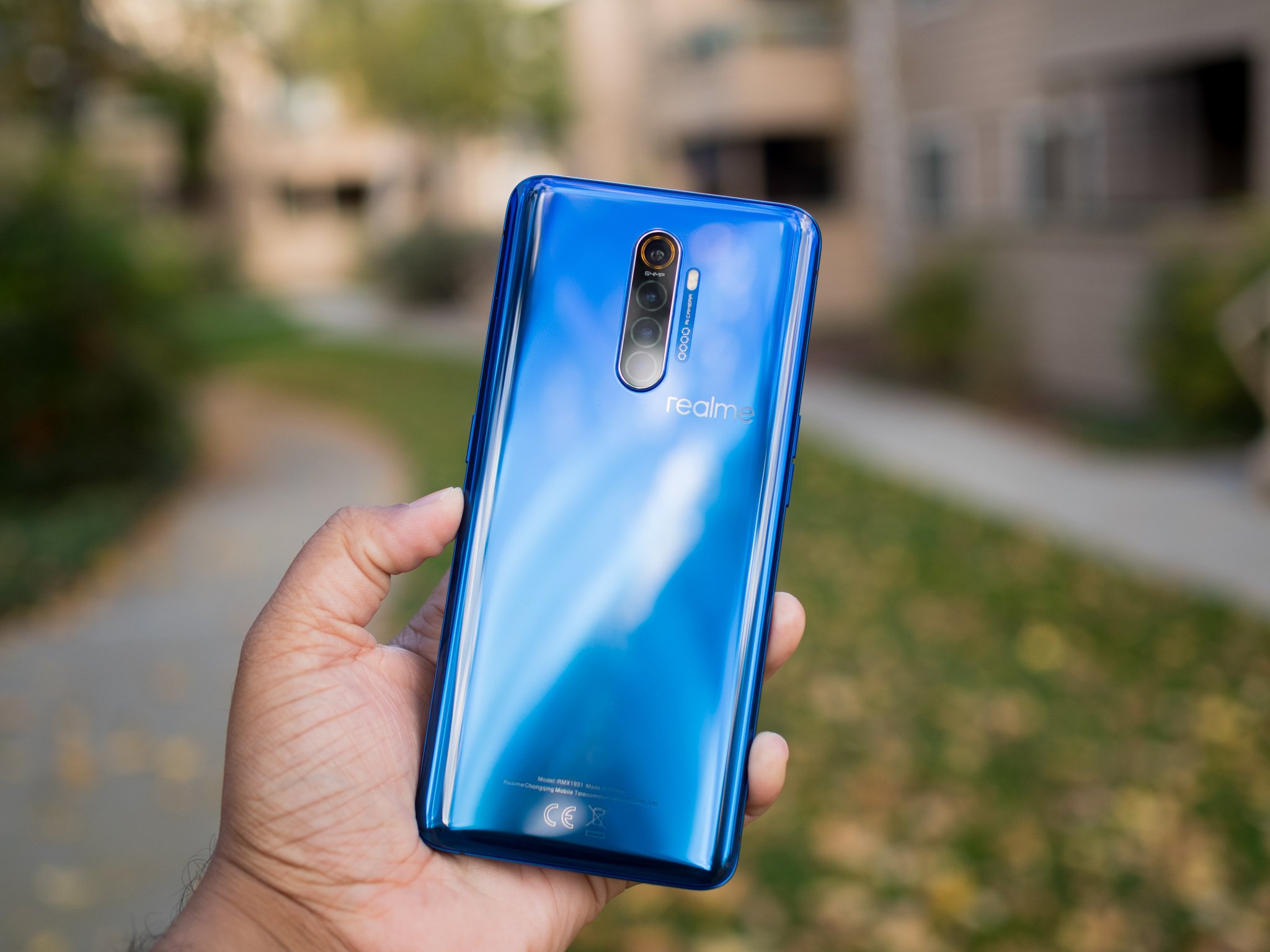
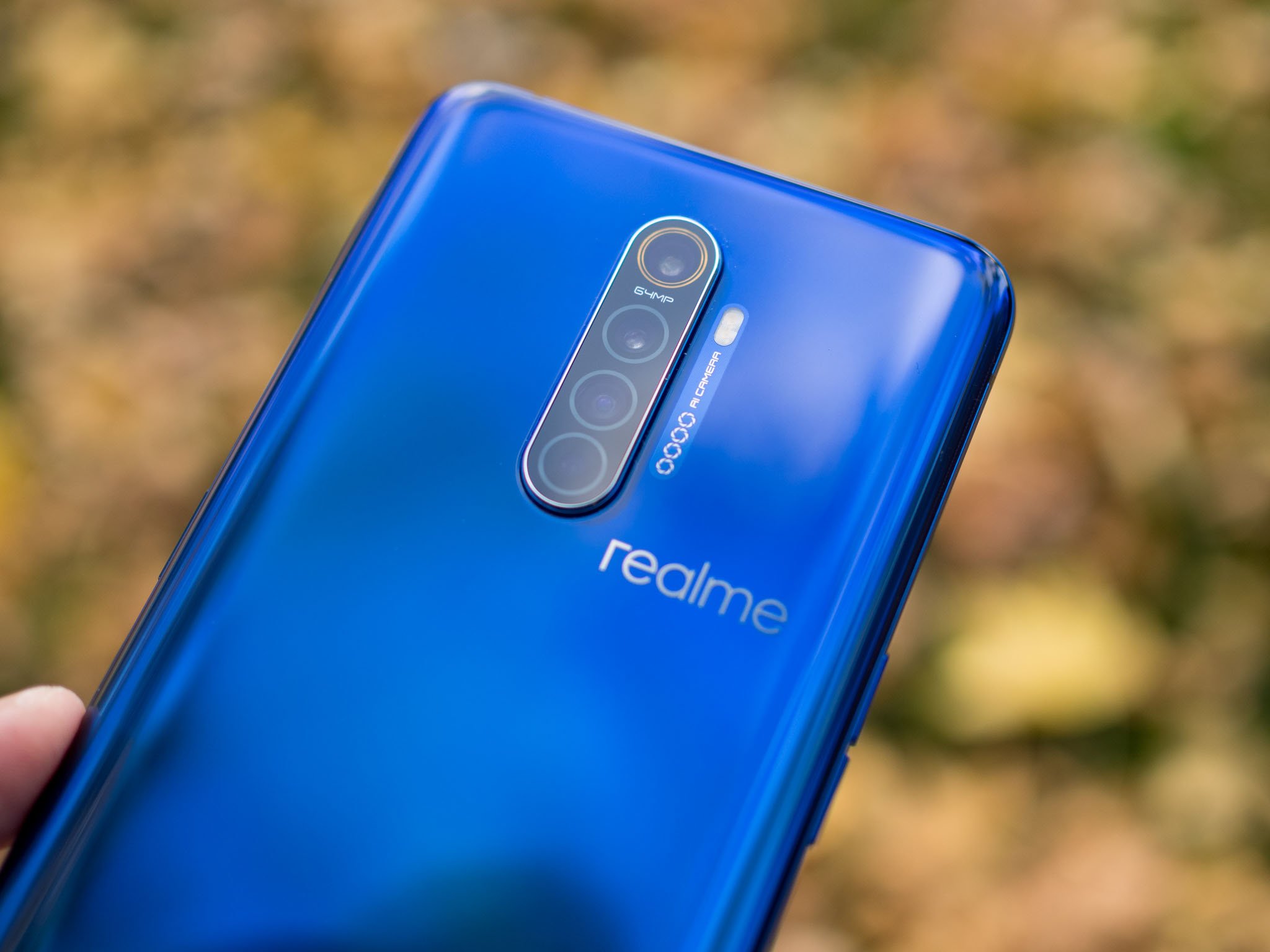








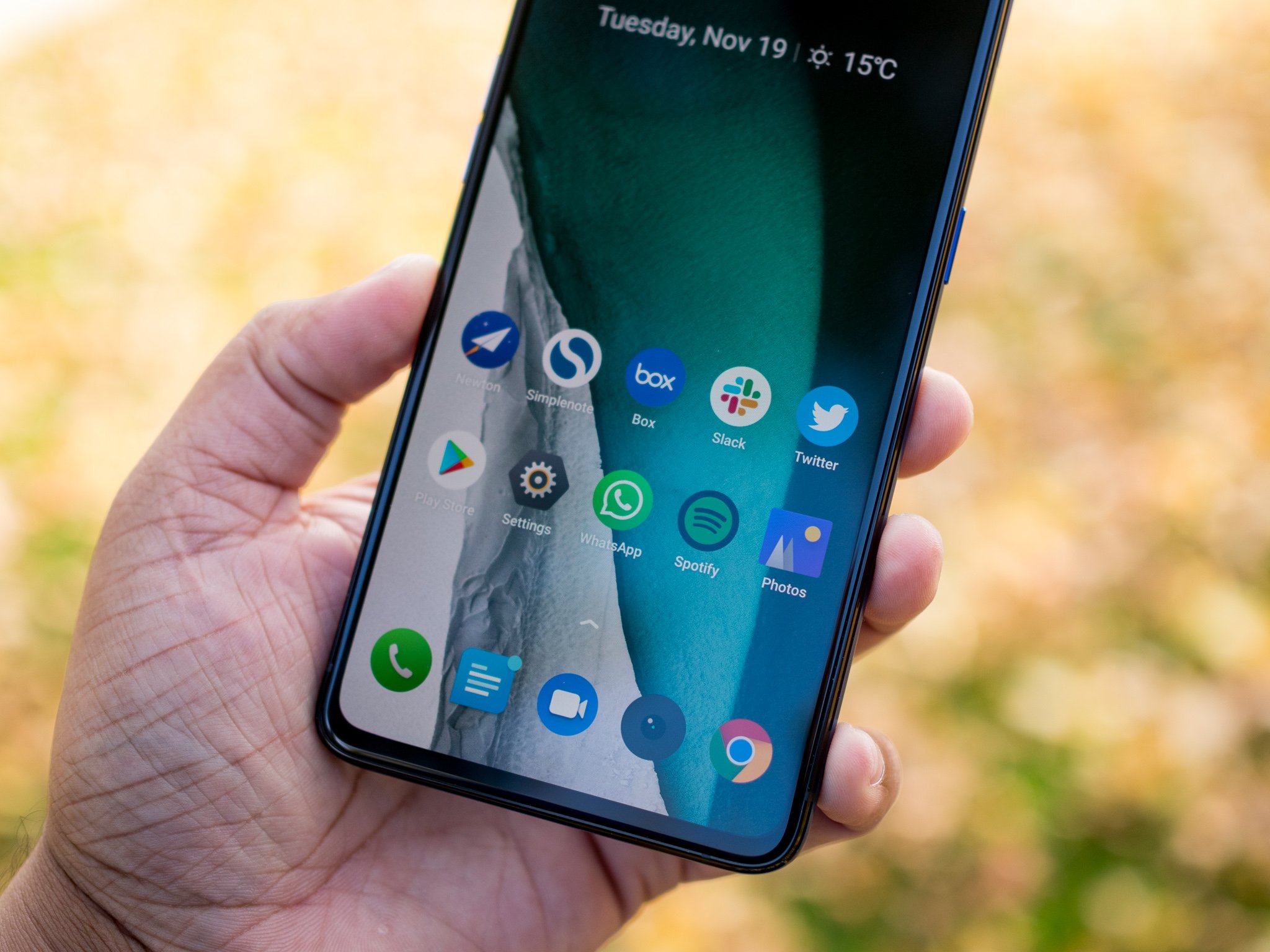
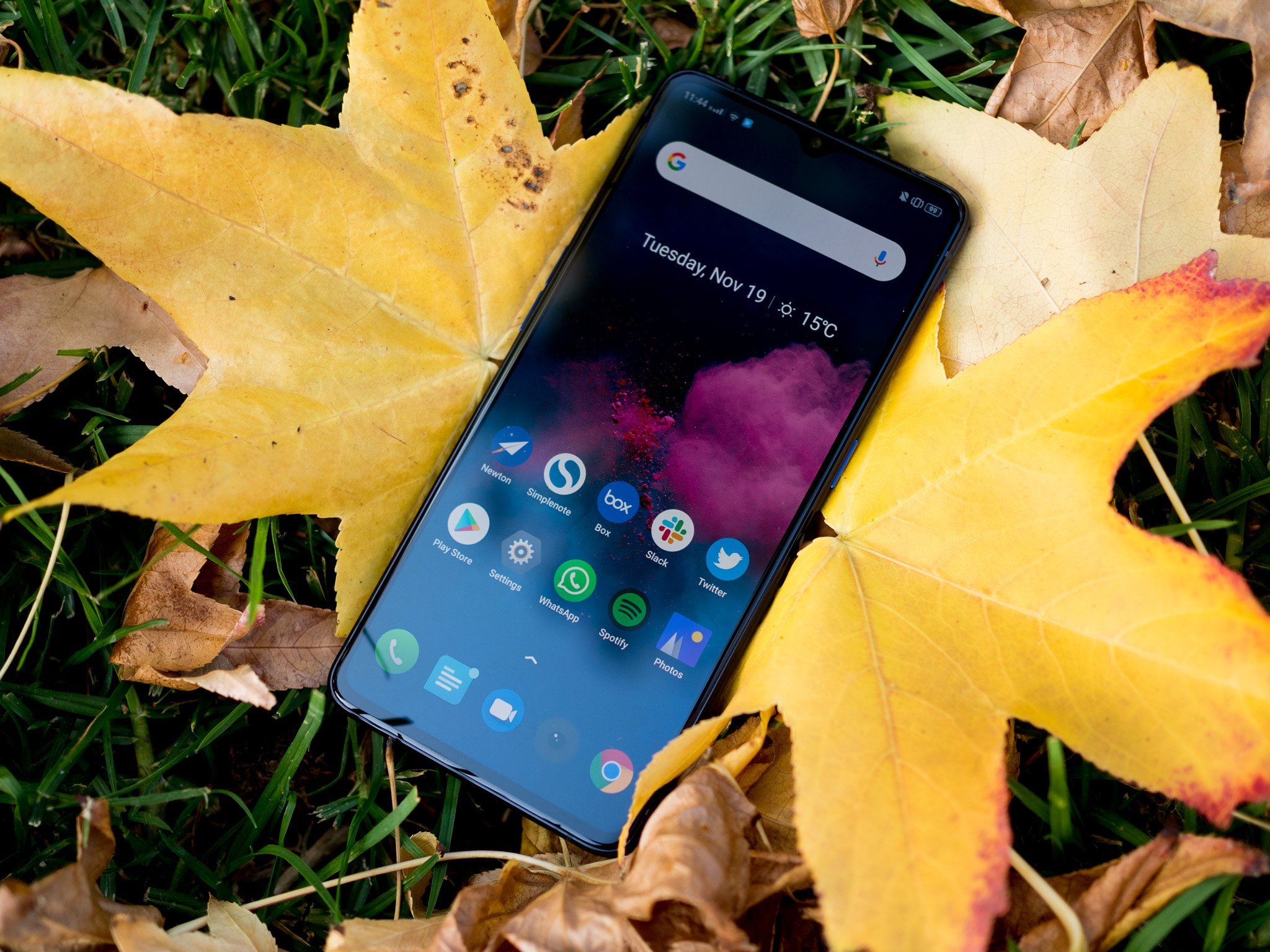
Aucun commentaire: